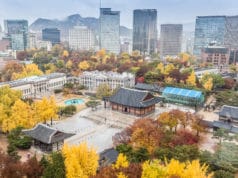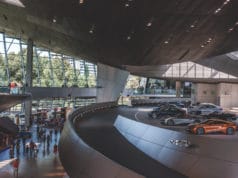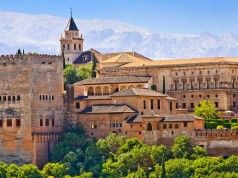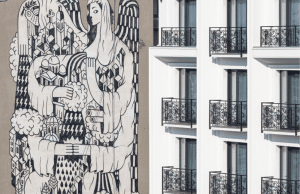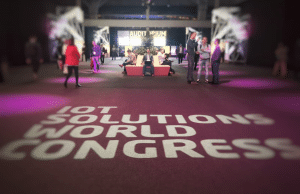The foundations of all types of tourism lie in the environment and its natural elements: water, earth and stone, air, energy, flora, fauna and the cultural landscape. The development of tourism often has a negative impact on the environment as it requires considerable activities affecting the environment that endanger or even upset the natural balance. Slovenia has a long-standing tradition of protecting areas, a clear example being the Bohinj alpine glacier valley with the Triglav National Park. In such a protected area, only sustainable tourism can be developed or even only its friendliest form, i.e. ecotourism.
The ecological approach is often wrongly associated with costly operations that place a considerable financial burden. The first ecological hotel in Slovenia, the Bohinj Park ECO Hotel, closely follows the sustainable development strategy and its clearly determined goals and measures are in accordance with sustainable development:
- it implements the optimum use of environmental resources, maintains basic ecological processes and helps preserve natural values and biological diversity;
- it respects the social and cultural authenticity of the local population, maintains its structure and the intangible cultural heritage and traditional values while at the same time trying to contribute to intercultural understanding and tolerance;
- it provides long-term economic operation and development that includes the population, fairly allocates social and economic benefits (including permanent employment) and enables social services for the local population.
As the fundamental paradigm of the ecological hotel in market communication process, sustainable development communicates: responsibility, differentness (differentiation with regard to the competition), long-term orientation, stability and care for future generations. With its green example and the promotion of awareness among its employees, the local population and guests, the Bohinj Park ECO Hotel allows socially responsible individuals and companies to take a firm stand on the subject of sustainable development and the expression of the global ethics of civilisation.


